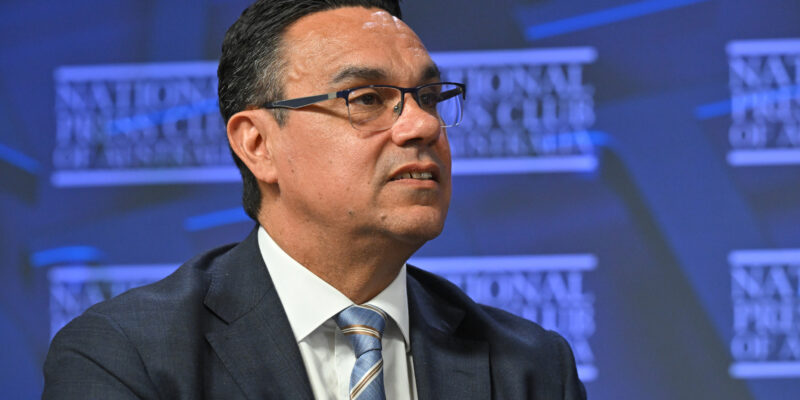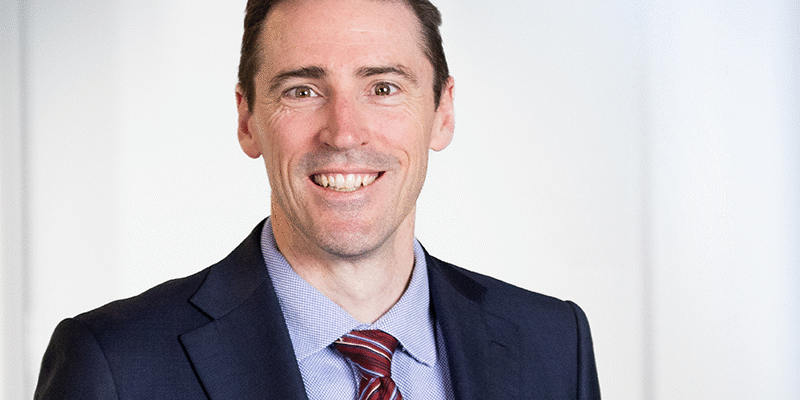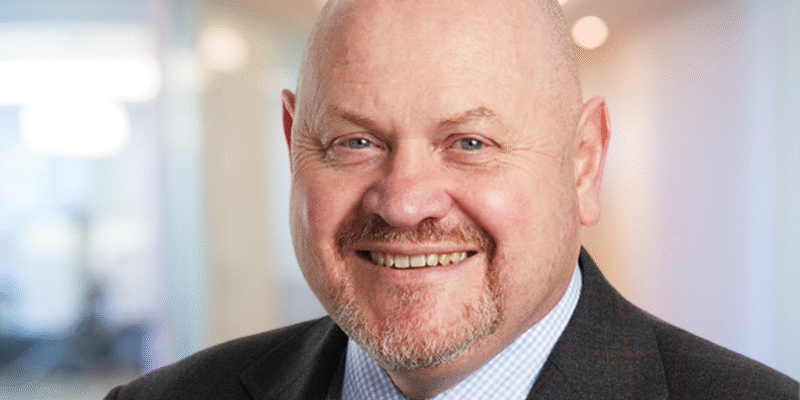How politicians are driving overdue change
Reforms to Australia’s anti-money laundering and counter-terrorism financing regime are long overdue, politicians say, after years of legislative inaction on the issue. First proposed 16 years ago, the long-awaited reforms will finally bring Australia into line with global standards adopted by nearly 200 other jurisdictions globally. Alongside Australia, China, Haiti, Madagascar and the US are among the few nations yet to adopt Tranche 2. The lack of progress has led to Australia’s property sector…
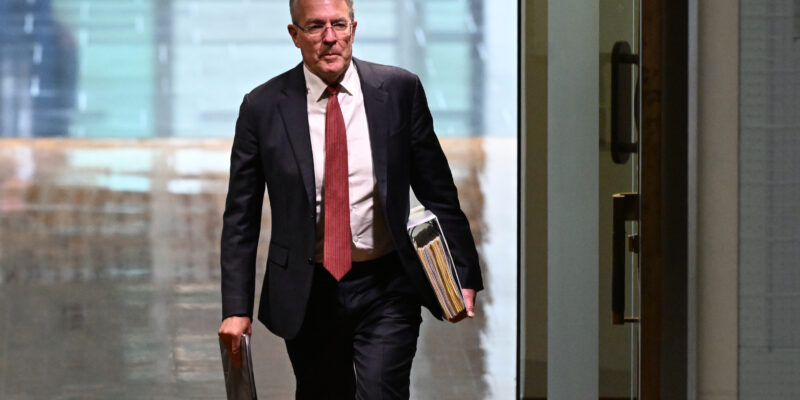
REFORMS to Australia’s anti-money laundering and counter-terrorism financing regime are long overdue, politicians say, after years of legislative inaction on the issue.
First proposed 16 years ago, the long-awaited reforms will finally bring Australia into line with global standards adopted by nearly 200 other jurisdictions globally. Alongside Australia, China, Haiti, Madagascar and the US are among the few nations yet to adopt Tranche 2.
The lack of progress has led to Australia’s property sector lagging global peers and becoming an easy target for criminals looking to launder money, according to Australian academics.
The Australian Greens, who were part of a 2022 parliamentary inquiry that looked into Tranche 2, said both the previous coalition government and current Labor government were slow to act, despite “clear recommendations” from inquiries and the Financial Action Task Force, an intergovernmental organisation that fights money laundering.
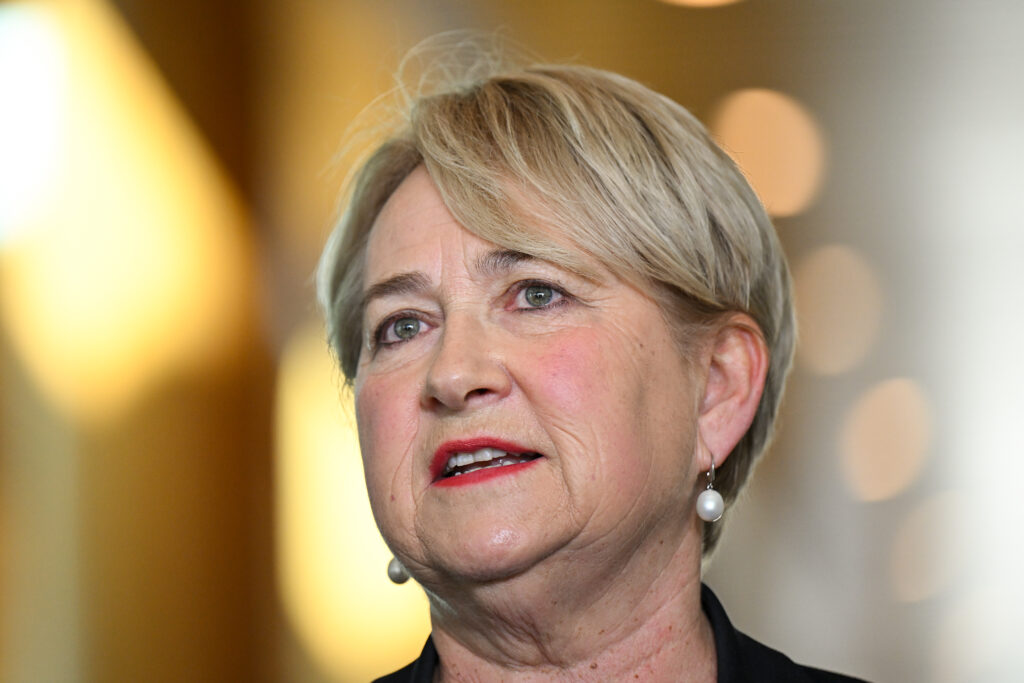
”The lack of political will and competing priorities have contributed to Australia lagging in implementing these crucial anti-money laundering and counter-terrorism financing reforms,” Senator Barbara Pocock, Greens spokesperson on finance, the public service and employment, told Australian Conveyancer.
“While the [previous] Coalition government bears significant responsibility for the initial delays, the Labor government has also failed to act with the urgency that this issue demands.
“Labor had an election commitment to implement a register of ultimate beneficial ownership, yet they have not addressed Tranche 2 of the AML-CTF Act.”
It was “deeply concerning and frankly embarrassing” that Australia was on a list of outlier nations like Haiti and Madagascar in the area, the senator said.
”It underscores the need for urgent action to bring our laws in line with international standards and ensure we are no longer seen as a money laundering haven.”
Attorney-General Mark Dreyfus did not respond to a request for comment but has described the real estate sector as part of a “disturbing but inescapable fact” that Australia is at “serious risk of exploitation by criminals seeking to launder illicit funds”.
“We’re committed to regulating Tranche 2 entities to prevent further abuse of our financial system. We are also committed to simplifying the regime to make it easier for business,” Dreyfus said in a National Press Club address on July 9.
The government urgently needed to modernise the regime to “ensure it keeps pace with the increasingly digital instant nature of our global financial system, closing the gaps that we know increasingly sophisticated professional criminal organisations can exploit,” he told the event in Canberra, speaking alongside AUSTRAC chief executive Brendan Thomas.
While Australia has been slow to act, the government recently committed $166.4 million in budget funds to help educate the professions that fall under the Tranche 2 laws.
Along with real estate agents, lawyers and conveyancers, the new laws will apply to accountants, trust and company service providers, and dealers in some metals and stones.
Anti-corruption group Transparency International Australia said domestic legislators were finally catching up after years of being off the global pace.
Citing its 2024 report into money laundering, the group said regulatory gaps could be allowing millions of dollars of dirty money from Asia to enter Australia’s real estate sector.
For instance, in the case of Cambodia, the group estimates that between 2019 and 2023, 118 properties worth $110 million were settled in Australia by Cambodian nationals, with “the value of money flowing from Cambodia to Australia vastly disproportionate to Cambodia’s wealth”.
“Lawyers, accountants and real estate agents, sometimes unknowingly, enable money laundering by criminals through the setting up of opaque corporate structures, facilitating payments, or simply turning a blind eye,” the group’s chief executive Clancy Moore said.
“We welcome the government’s announcement of new funding in the federal budget to work with these high-risk professions to combat money laundering and terrorism financing.”
